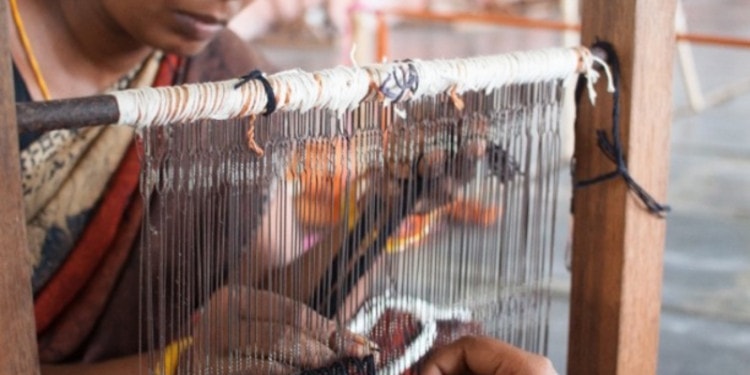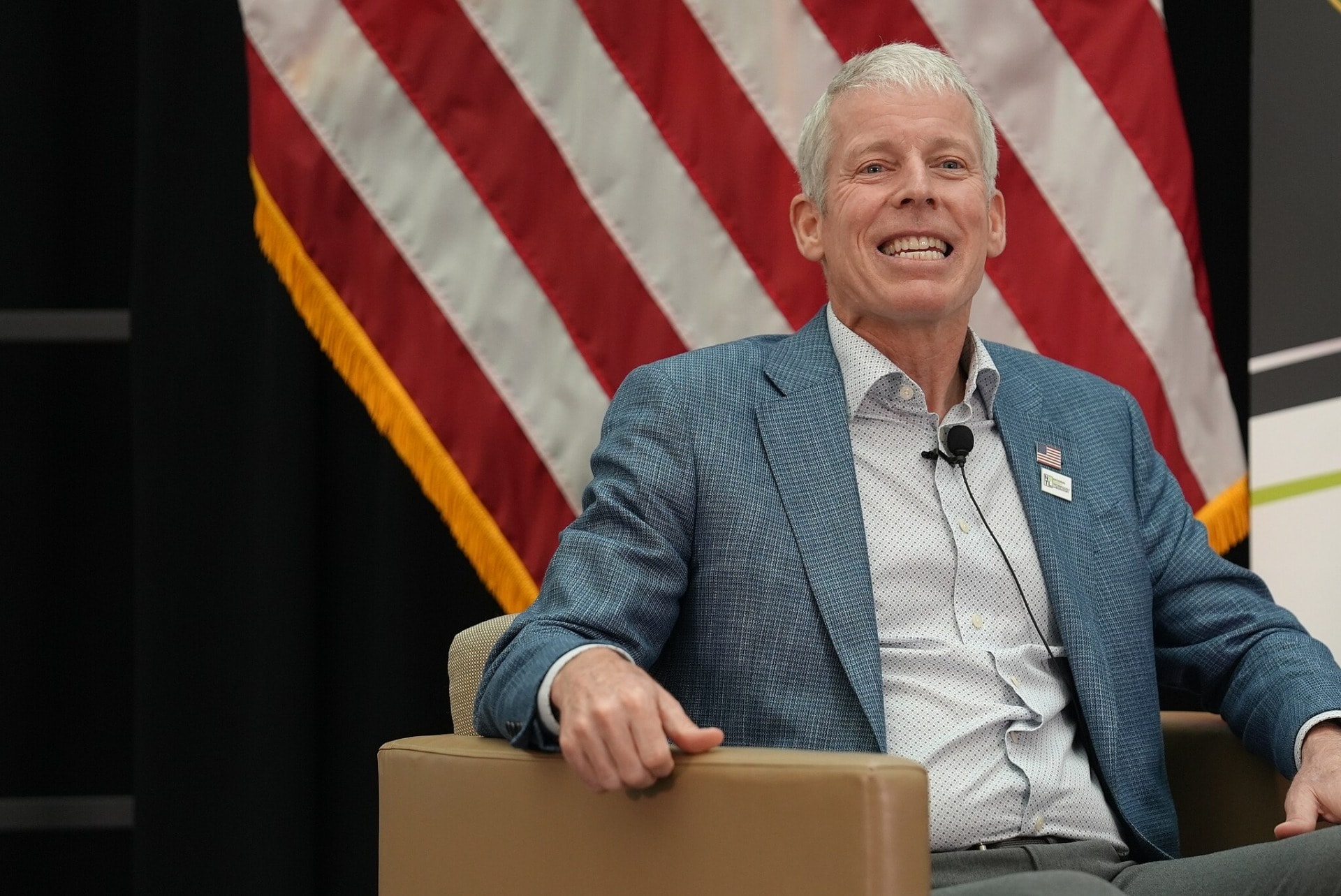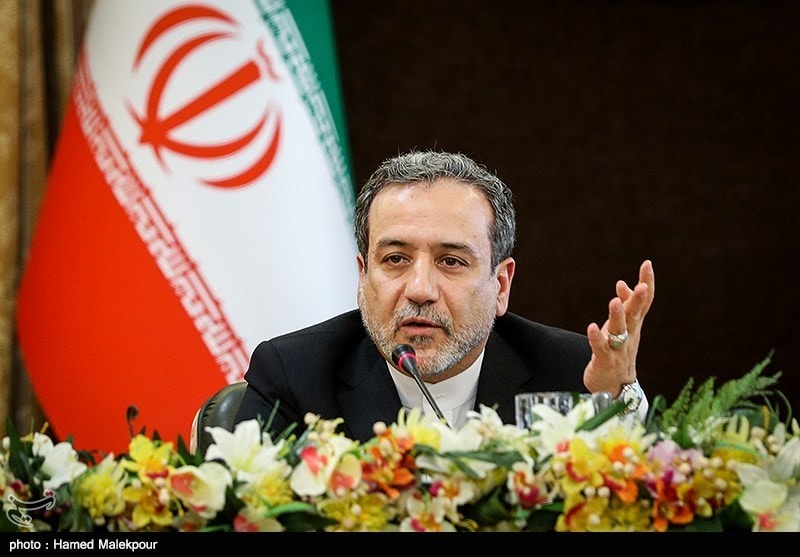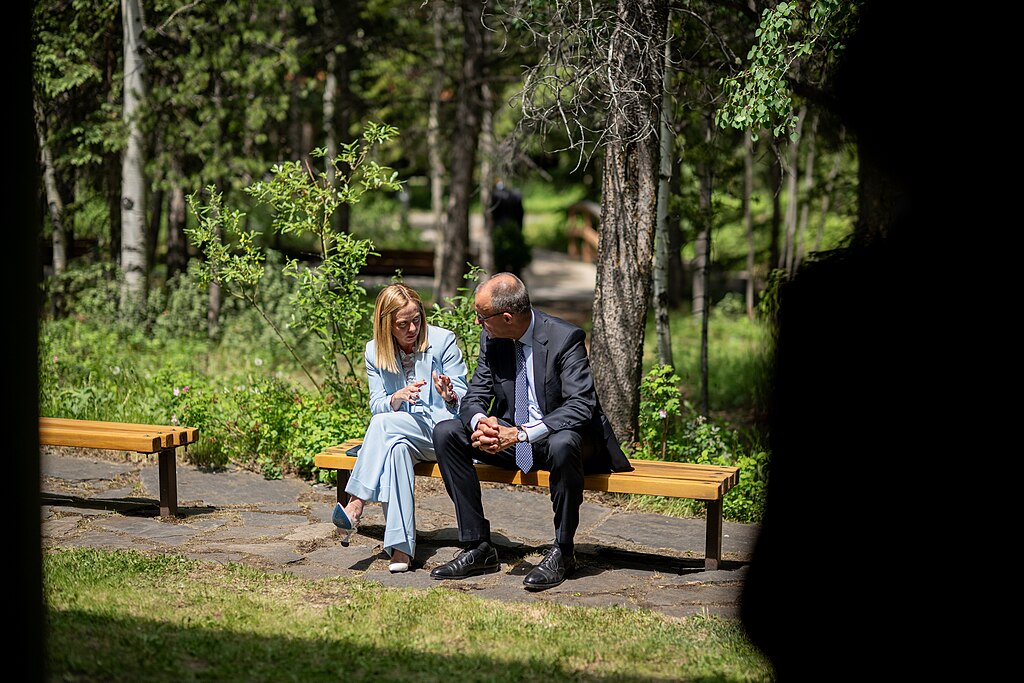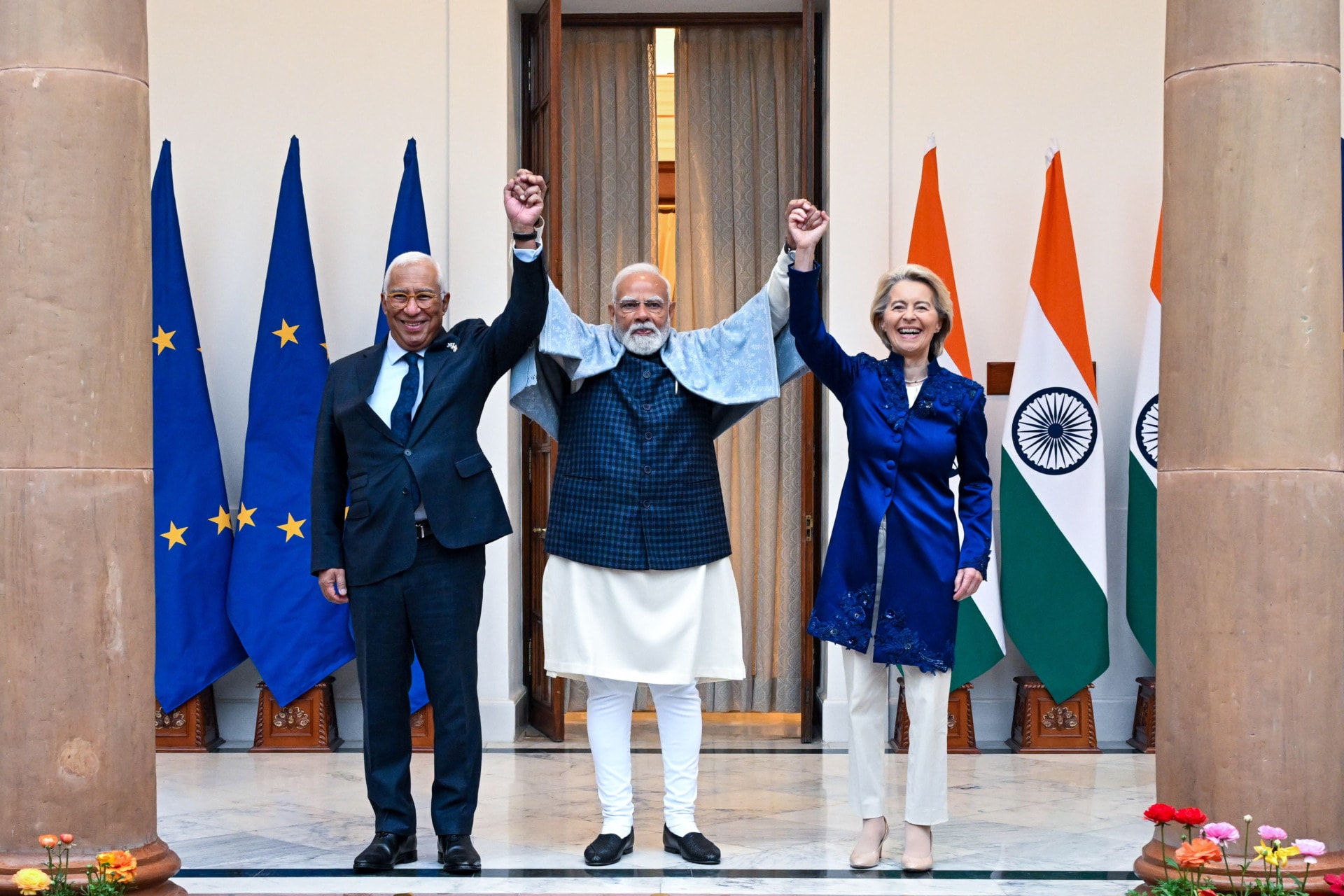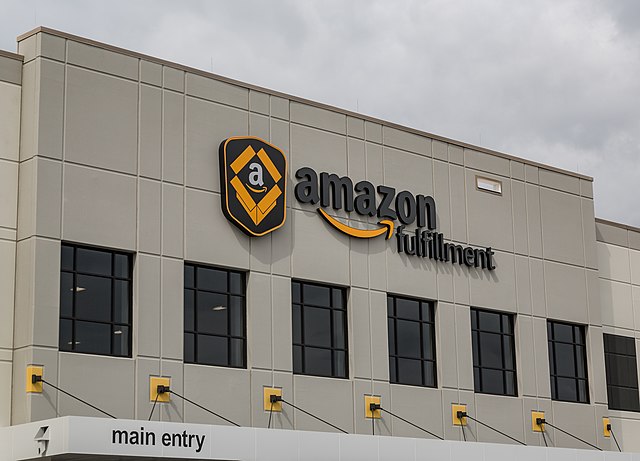Siyana means ‘protection’ in Arabic and it encapsulates, perfectly, the ethos and brand philosophy of Siyana London. In creating a business that sells handcrafted fashion and accessories, Siyana London has managed to nurture and encourage the hand loom industry in India, which has been under serious threat.
I caught up with Megha Shah, founder of Siyana London, to speak further on the company, it’s sustainable purpose in the fashion industry and looking forward with Siyana London.
Q: How did the idea for Siyana London originate? And how does sustainability fit into the equation?
MS: I always had a keen interest in textiles, especially handloom. I was always fascinated with the process of how textiles are made or rather weaved by hand. As a young girl, I visited a lot of handloom workshops but never thought that one day, I will start working so closely with the industry.
I joined my family’s packaging business as soon as I finished my MBA (Master of Business Administration) but my passion for textiles and handicrafts did not fade. During my spare time, I started attending handicrafts exhibitions, Import and Export handicrafts shows and basically started to understand the different arts and crafts in India. I soon realized that this was my true calling. When I got married and moved to London, the city granted me the perfect canvas to explore and pursue my passion for ethical, sustainable fashion. Now, every brand pursues sustainability differently, but for me sustainability is to support each and every part of the overall process – whether it’s human, environmental or social. Siyana London supports artisans to follow fair trade practices. Environmentally, we consume as little power and water as possible. And as for the social impact, we encourage employing women weavers for what was a predominantly male occupation. We are also working with leprosy-affected artisans and giving them a chance to showcase their talent in London. This is how sustainability translates into our work culture.
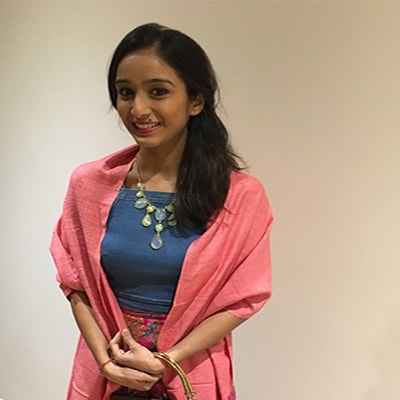
In the photo: Megha Shah, founder of Siyana London Credit: Siyana London
Q: How does Siyana London adhere to its values and mission while also staying competitive? Is there a unique business model that you use?
MS: Our tag line is “Handcrafted Stories” each product that we sell has a story and a purpose. We find a large proportion of our customers really appreciate the story behind the product and this is the key motivator.
All the accessories at Siyana London are made with passion by our artisans. We try as far as possible to write the names of our artisans on the products, so that the customer knows who has made their product. This adds value and uniqueness to the brand. Our association with NGOs helps us further adhere to our values.
Q: Are there any unique challenges for sustainability in the fashion and clothing industry? How does Siyana London overcome these challenges?
MS: One challenge for Siyana London is to create a product, which is affordable and attractive at the same time. Siyana London is a brand, which is affordable and luxurious at the same time we are constantly striving to overcome that challenge. Another challenge is working in the handloom industry in India, which unfortunately is dying. We work with the aim to revive it and keep it relevant always.
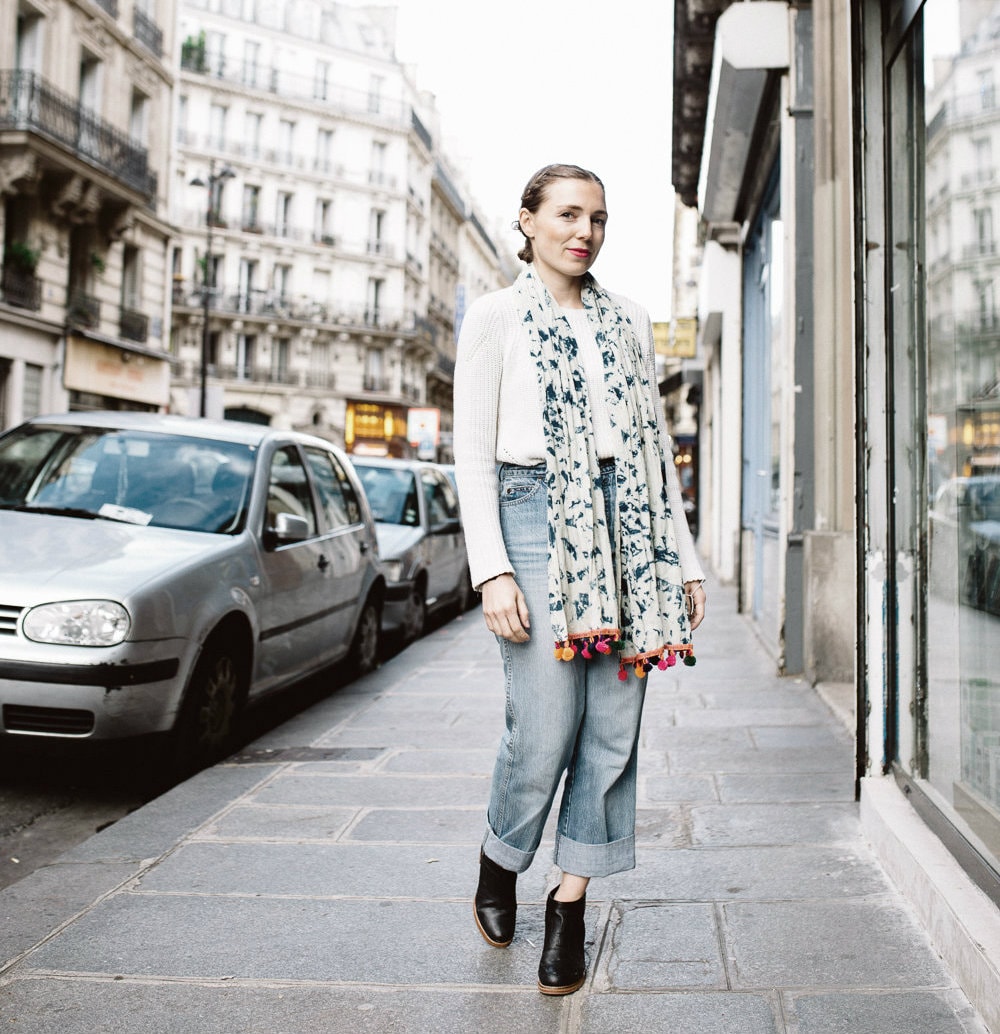
In the photo: A leotie as produced by Siyana London Credit: Siyana London
Q: What criteria or things does Siyana London look for when partnering with its artisans?
MS: To be honest, in a country like India, one is spoilt for choice when it comes to partnering because each part of the country offers rich and diverse craftsmanship. However, each state has a certain specialty and I try to stick to the best names in that sector.
For instance, the best quality khadi is in Gujrat and Central India, so all my khadi products are produced from there. It is a luxurious fabric that has a unique feature of keeping you warm in winter and cool in the summers. The female artisans in Kutch are extremely skilled in embroidery, so most of the embroidery on Siyana products come from there.
Q: Were there any major milestones in your journey to where you are today? Where do you see the direction of the company headed in the future?
MS: My biggest milestone I’d say was to start a business in a foreign land. It needs courage and support. The entire credit goes to my husbands family and close friends for being there every part of the way. As for our future plans, I would want to create my own concept store with different brands that share the same ethos as Siyana London.
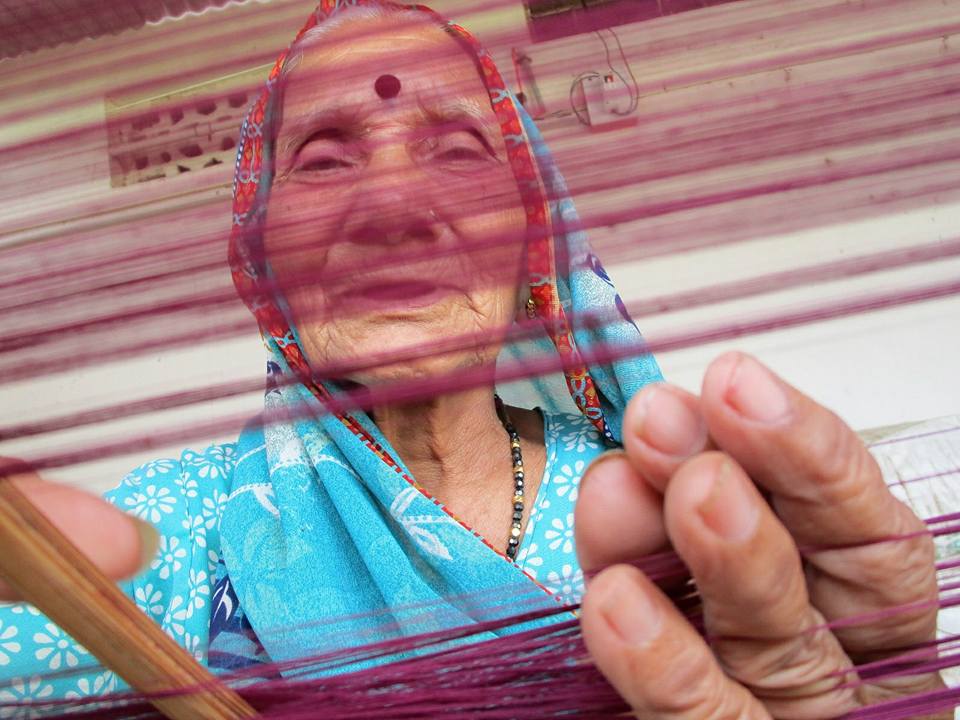
In the photo: Indian woman weaving Credit: Siyana London
Q: What do you think is the future of sustainability, particularly relating to the fashion and clothing industry?
MS: There is a small segment of people trying their best to employ environmentally conscious ways and follow fair trade practices. I am happy that with time, the consumers’ mind set is changing slowly too, as more and more awareness is being created around it. These two quotes embody the spirit of my efforts: “Good things do not come easy. The road is lined with pitfalls” by Desi Arnaz and “When you think positive, good things happen” by Matt Kemp.
Editors note: The opinions expressed here by Impakter.com columnists are their own, not those of Impakter.com


